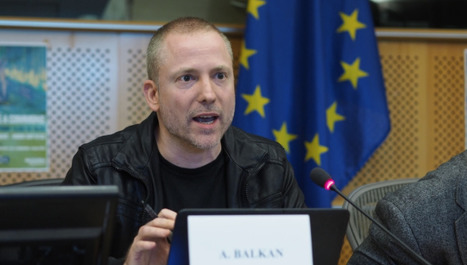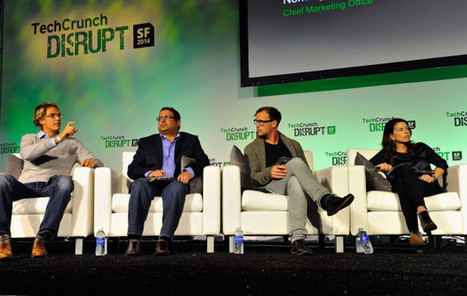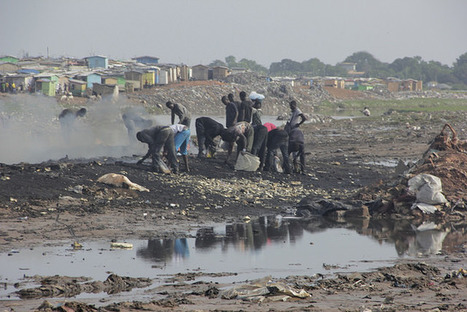Aral speaking at the European Parliament conference on “Internet as a Commons: Public Space in the Digital Age” as part of “The Big Picture” panel.
Get Started for FREE
Sign up with Facebook Sign up with X
I don't have a Facebook or a X account
 Your new post is loading... Your new post is loading...
|

8A Nathan's curator insight,
February 27, 2015 2:34 AM
In dumps all over Africa, Africans are taking in what seems like useless E-junk and are finding ways to recycle it. From the large disposal of old technology as Africa moves forward, areas are filled with large amounts of what is junk to some could be worth a lot more after processing takes place. Many unorganized workers go there everyday at risk of their own health for the livelihood of their families. In some places the E-waste is taken to more organized facilitates where decent technology can be sold at stores for large amounts of money, but in other areas it is collected to survive. This article helped me understand how Africa is moving forward with technology, and that Africans are resourceful. The article stated that the E-Junk was hidden very well by the government, so it was pretty awesome when poor African families found all this stuff and are being resourceful and making money from it. This article made me sad that people have to do this to gain wealth but it also showed me how productive Africans can be.

Molly Westmoreland's curator insight,
October 2, 2014 12:55 PM
Thought provoking- participation in online networks threaten to change the fabric of government |














